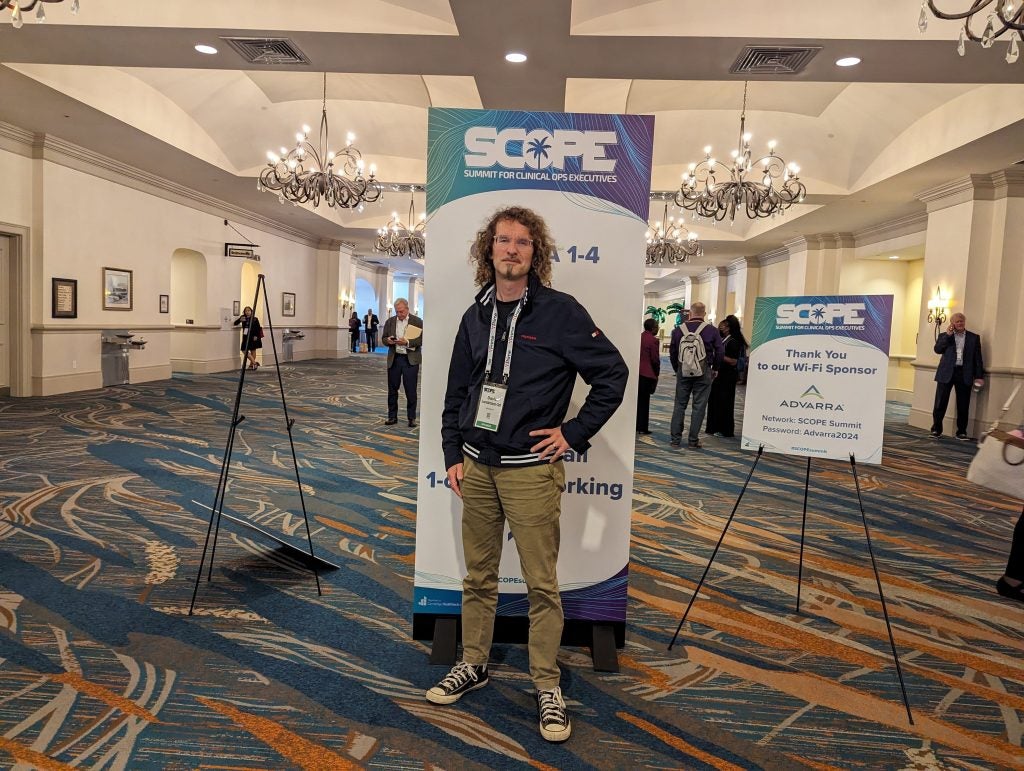Cellenkos has received approval to advance to the second cohort of patients in its clinical trial of neurotrophic T regulatory (Treg) cell therapy CK0803 for ALS treatment.
The move comes after a favourable review of safety findings by the trial’s Data Safety Monitoring Board (DSMB), which found no serious adverse events or dangerous side effects linked to the therapy in trial participants.
A neurotrophic, allogeneic, umbilical cord blood-derived Treg cell therapy, CK0803, is developed using the company's CRANE technology.
It is designed to act on inflamed microglia, which is a characteristic of ALS.
The therapy leverages the CXCR3/CXCL10 axis to act on these inflamed cells and is derived from clinical-grade umbilical cord blood units.
Dubbed the Regulatory T Cells for Amyotrophic Lateral Sclerosis (REGALS) study, the trial is designed to establish the safety and tolerability of varying doses of CK0803 in patients with ALS.
Additionally, the multicentre trial seeks to assess preliminary efficacy through primary and secondary endpoints.
The combined evaluation of function and survival and neurofilament light chain levels in serum and cerebrospinal fluid are the primary and secondary endpoints.
With the conclusion of cohort one dosing, the Phase I safety run-in study will continue, followed by a double blind, randomised, placebo-controlled Phase Ib trial of CK0803.
The treatment protocol includes four weekly infusions followed by five infusions every month.
Cellenkos chief operating officer Tara Sadeghi said: “We are very excited and encouraged by this development.
“This recommendation from the DSMB is an important step in bringing this potential disease-modifying therapy to the patients and takes us closer to our ultimate goal of curing ALS.”
In May last year, the company dosed the first subject in a Phase I/Ib trial of CK0803 to treat ALS.















